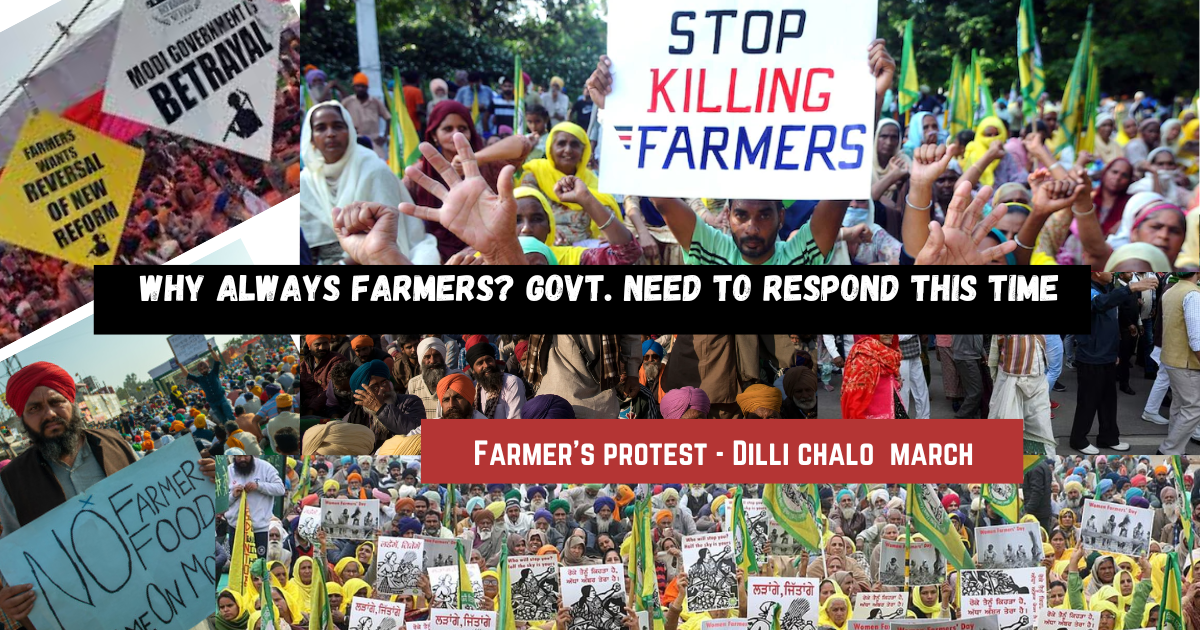Farmers’ Protest 2024: Intensification, Negotiations, and Impact on Supply Chains

The ongoing farmers’ protest in 2024 has captured the nation’s attention as farmers continue to demand a legal guarantee of Minimum Support Price (MSP) and other concessions from the government. Amidst escalating tensions and disruptions in the supply chain, negotiations between the Centre and farmers’ representatives have taken center stage. Let’s delve deeper into the developments and implications of this protest.
Intensification of Agitation:
The Samyukt Kisan Morcha (SKM) has announced plans to intensify the agitation, signaling a renewed push for their demands. The decision to escalate protests underscores the farmers’ determination to achieve a favorable outcome in their negotiations with the government.
Bharat Bandh and Political Responses:
The recent Bharat Bandh called by the farmers’ unions on February 16 further highlighted the widespread support for their cause. Opposition parties, including the Congress, have condemned police actions against the protesters and urged the government to address the farmers’ grievances promptly.
Continuation of Negotiations:
Despite the initial impasse, another round of talks between farmer representatives and Union Ministers is scheduled for February 18. The resumption of dialogue after ‘positive’ discussions indicates a willingness from both sides to find a resolution to the ongoing standoff.
Impact on Supply Chains:
The farmers’ protest has begun to disrupt supply chains, particularly affecting vegetable prices in Delhi. Disruptions in transportation and road blockages have led to concerns about potential price hikes and supply shortages in the coming days.
Perspectives on Farmer Identity:
Amidst the protest, discussions about the definition of a farmer have emerged, emphasizing the practical implications of this categorization. Farmer leaders and researchers argue that defining a farmer goes beyond semantics and has significant implications for policy-making and resource allocation.
Stability in Vegetable Prices:
While some traders anticipate a rise in vegetable prices due to disruptions in the supply chain, others remain optimistic about the current stability. Reports from Ghazipur Mandi suggest that, despite concerns, vegetable prices have remained relatively unaffected so far.
Conclusion:
As the farmers’ protest enters its fifth day, the dynamics of negotiation, agitation, and supply chain disruptions continue to evolve. The upcoming round of talks between the Centre and farmers’ representatives will be crucial in determining the trajectory of the protest and its eventual outcome. Meanwhile, the impact on vegetable prices underscores the broader economic ramifications of the ongoing standoff, emphasizing the need for a swift and amicable resolution.